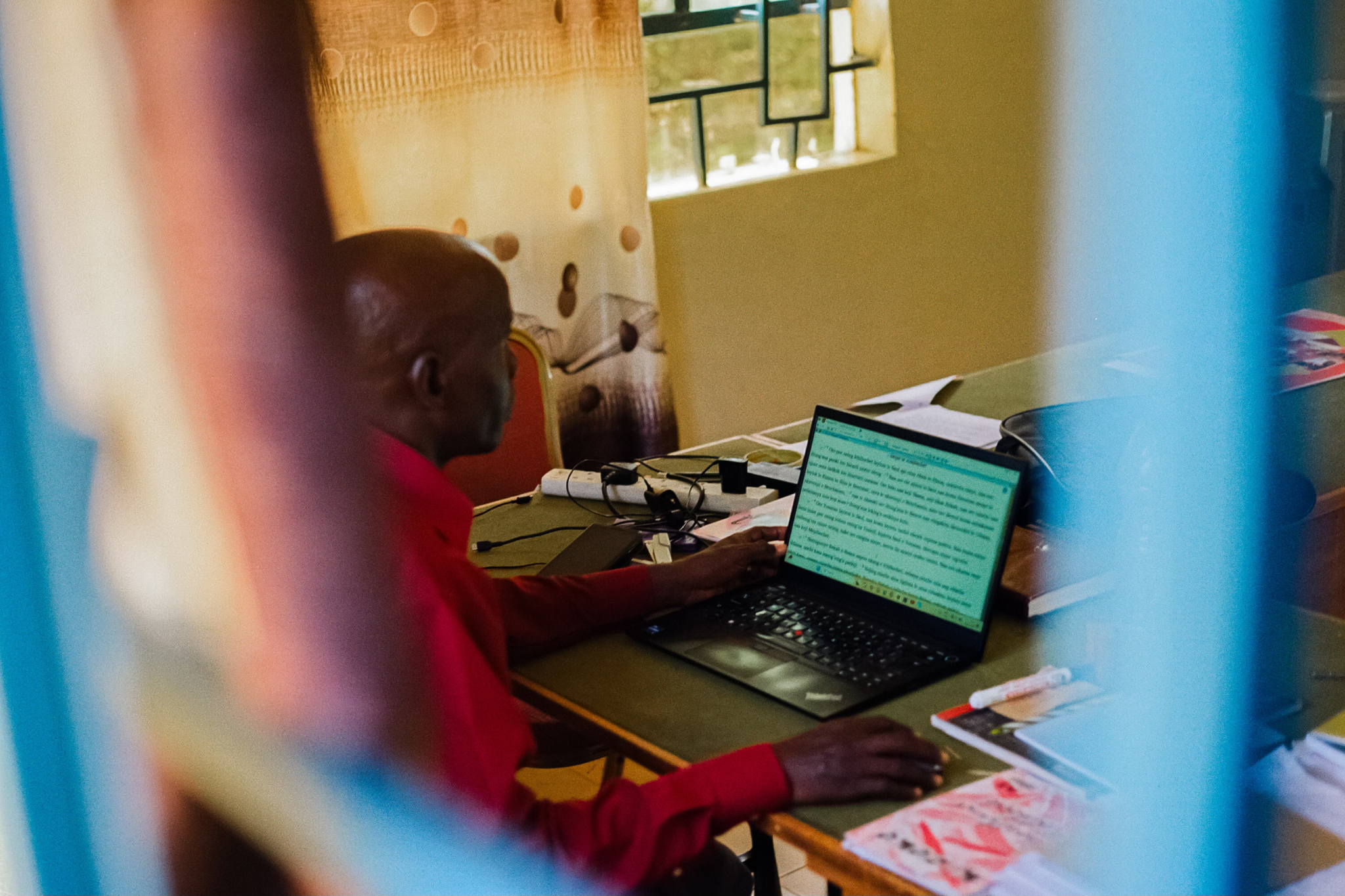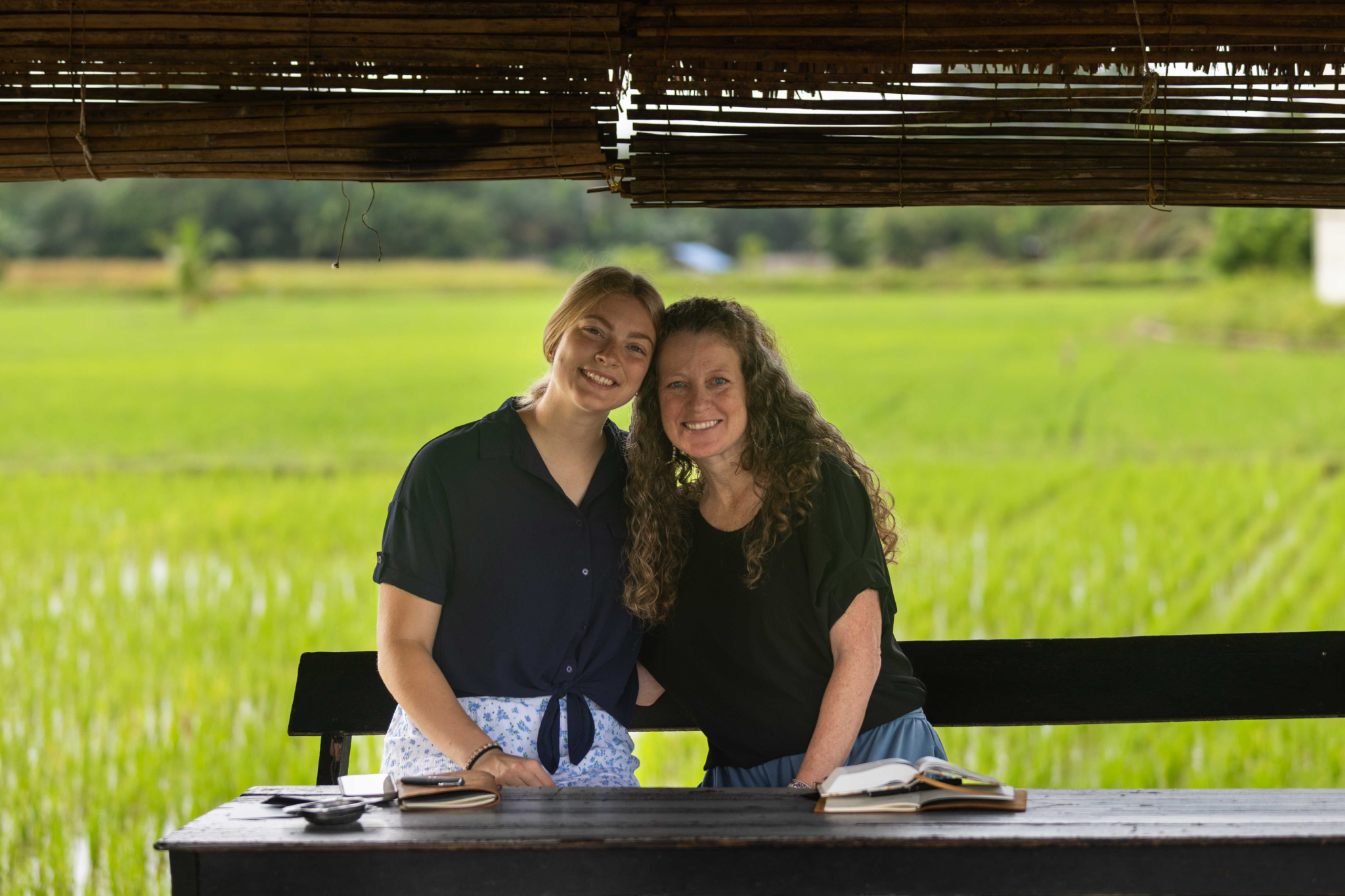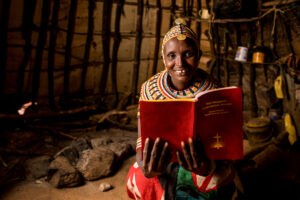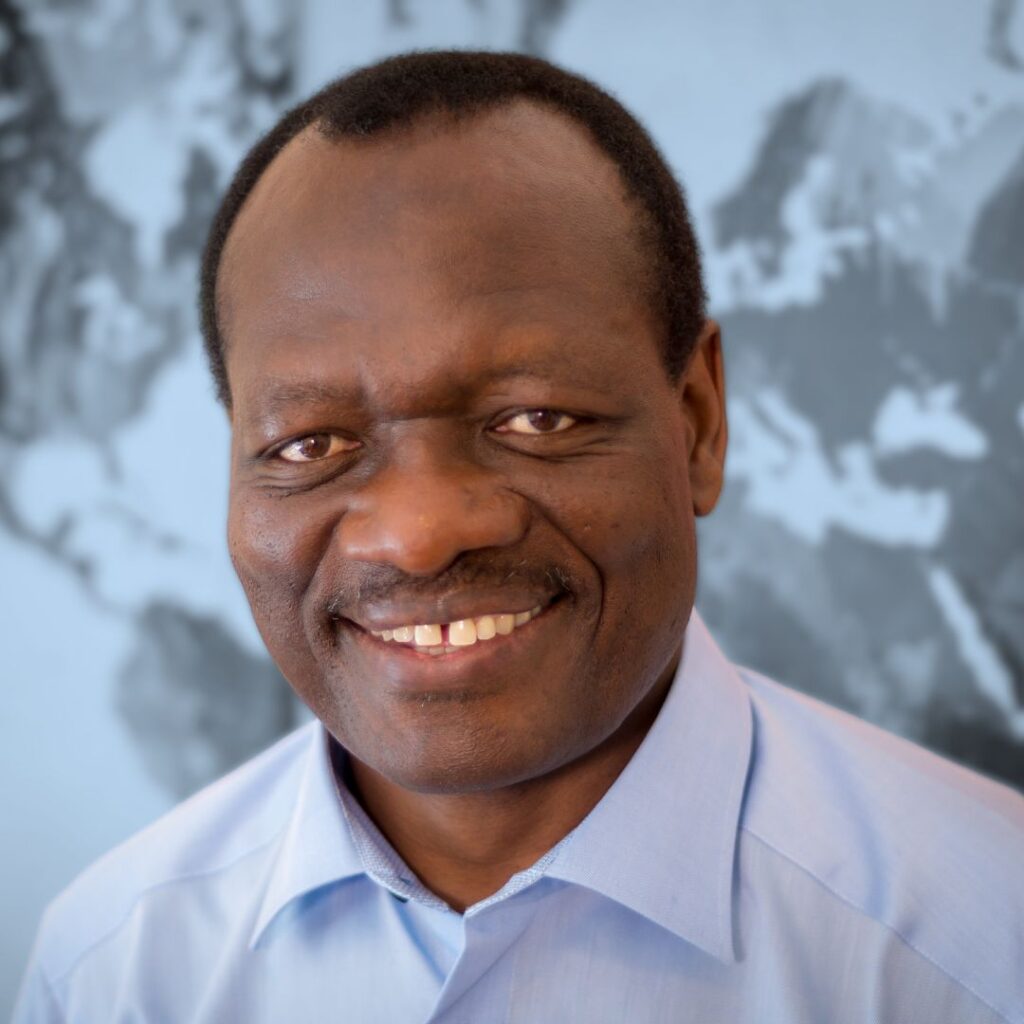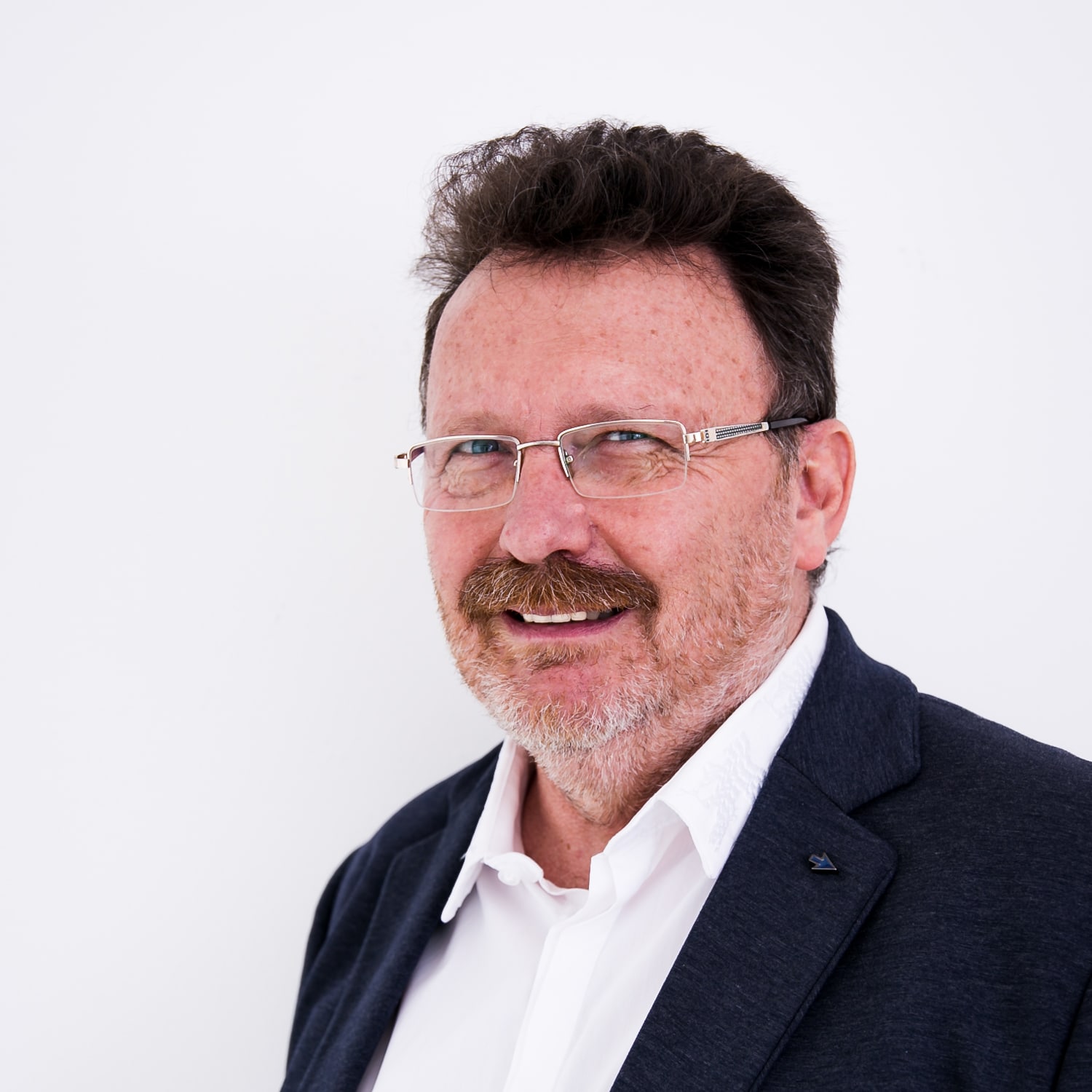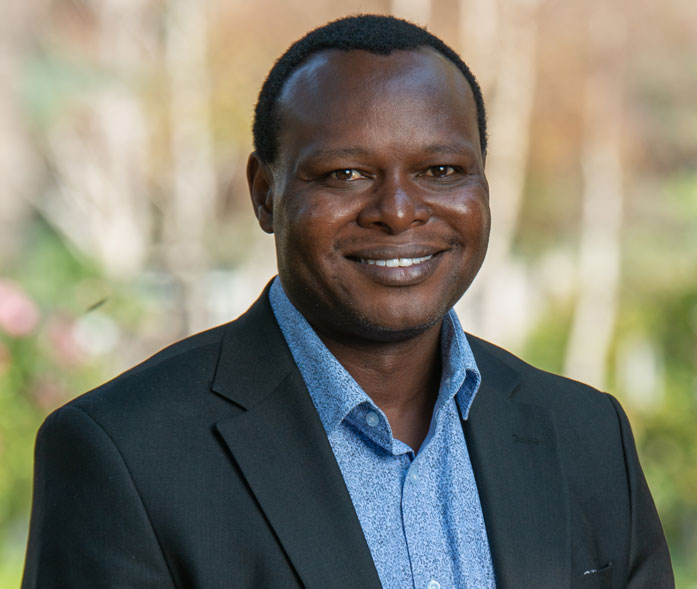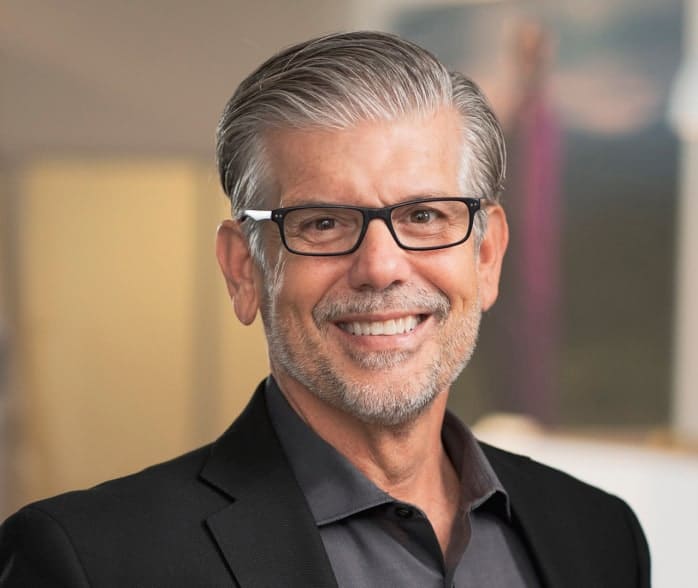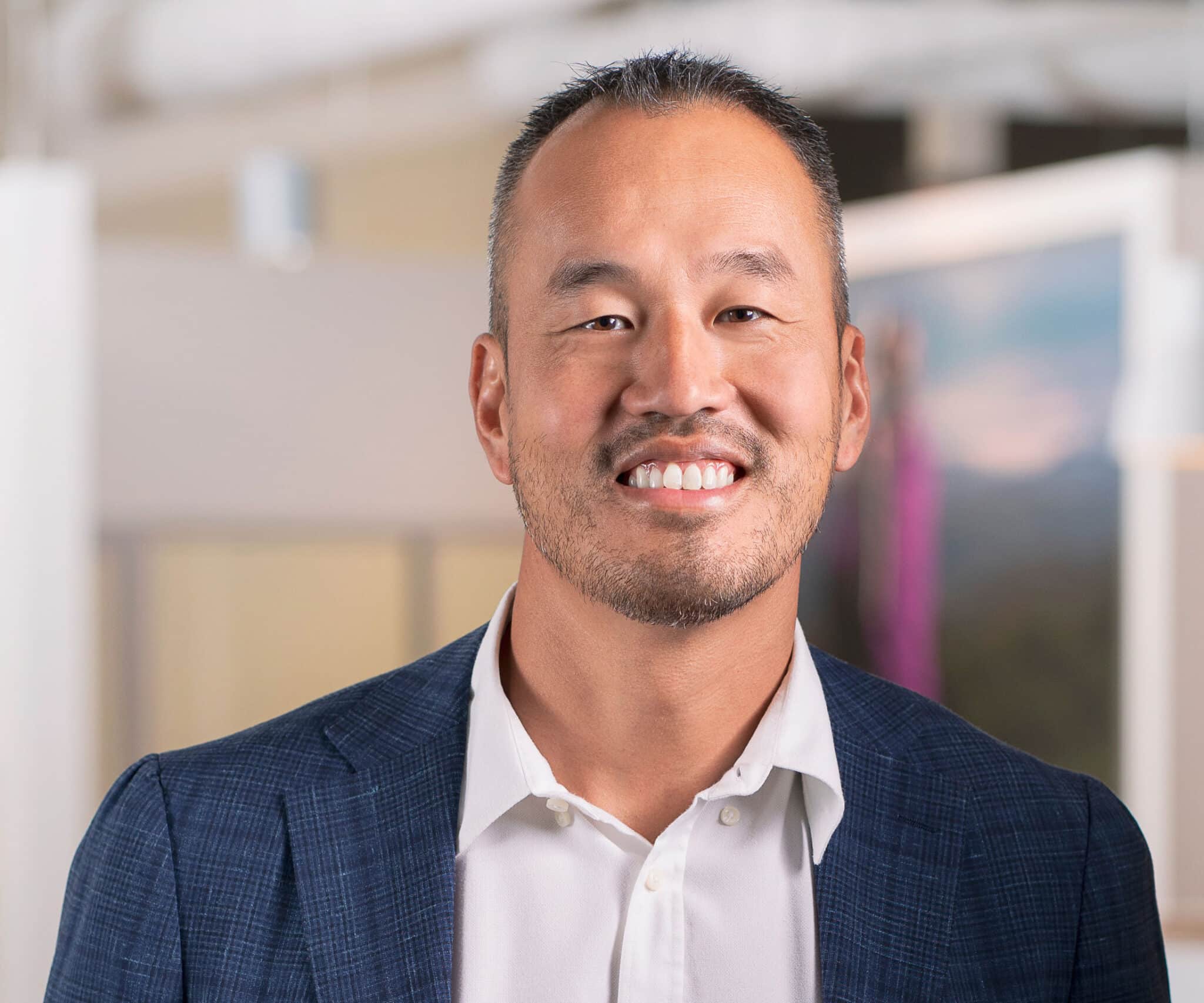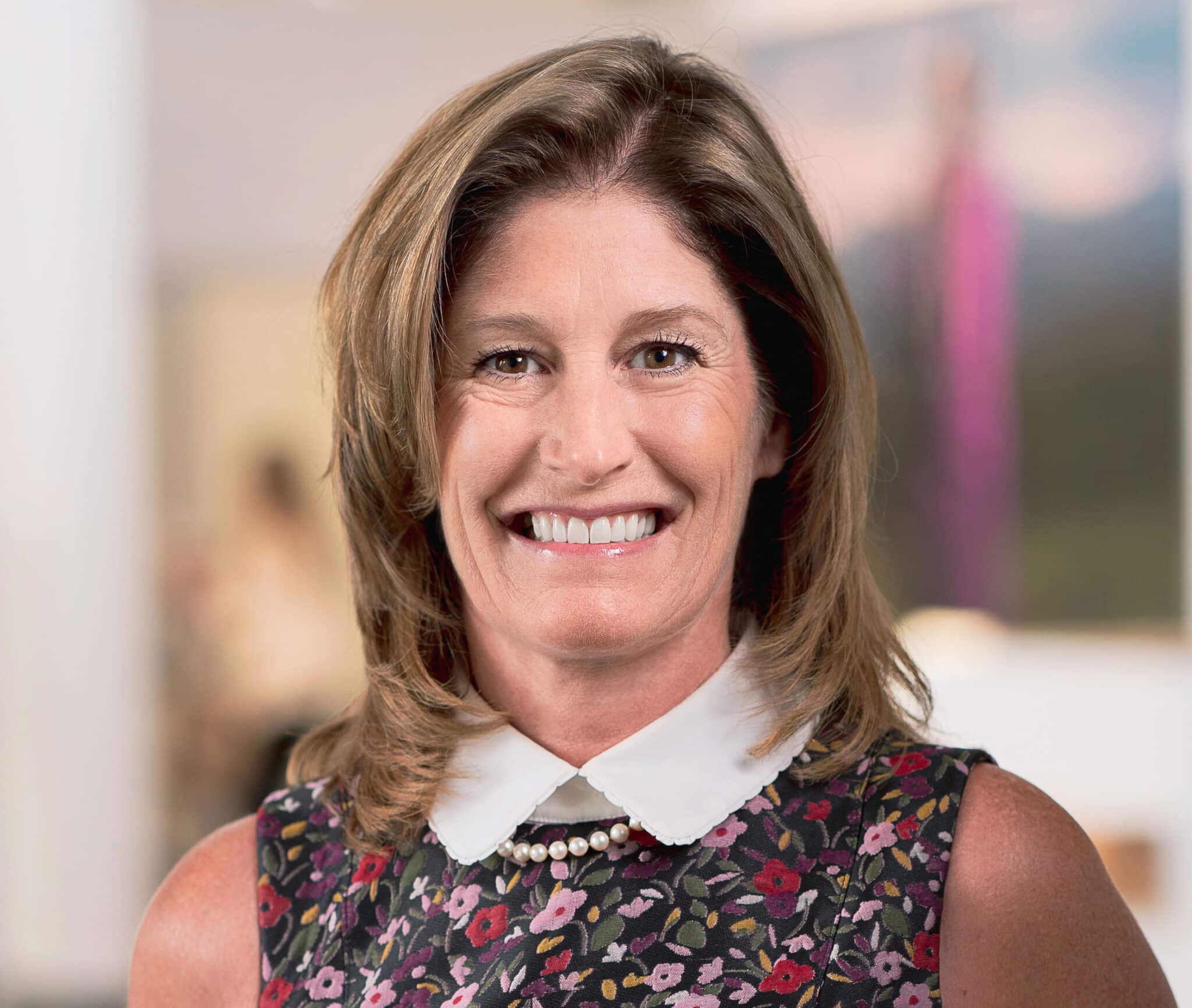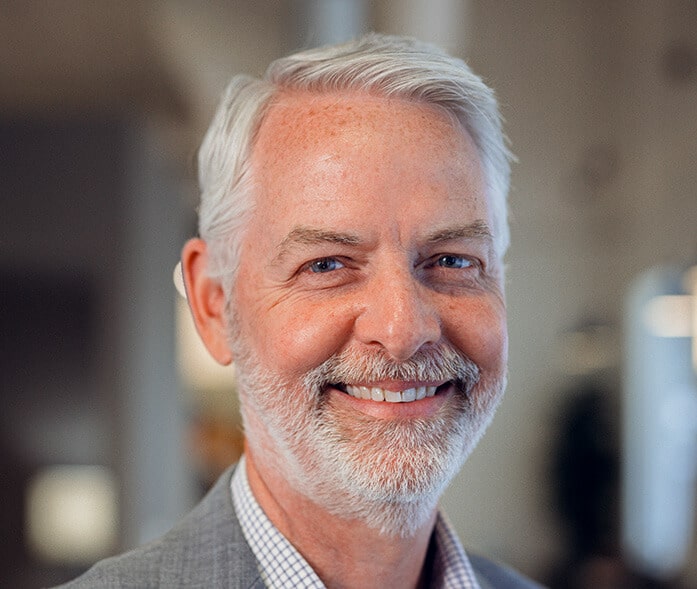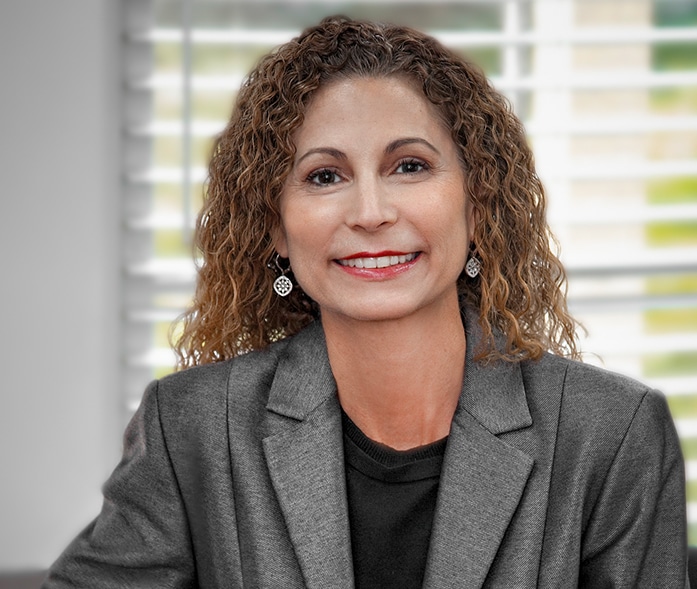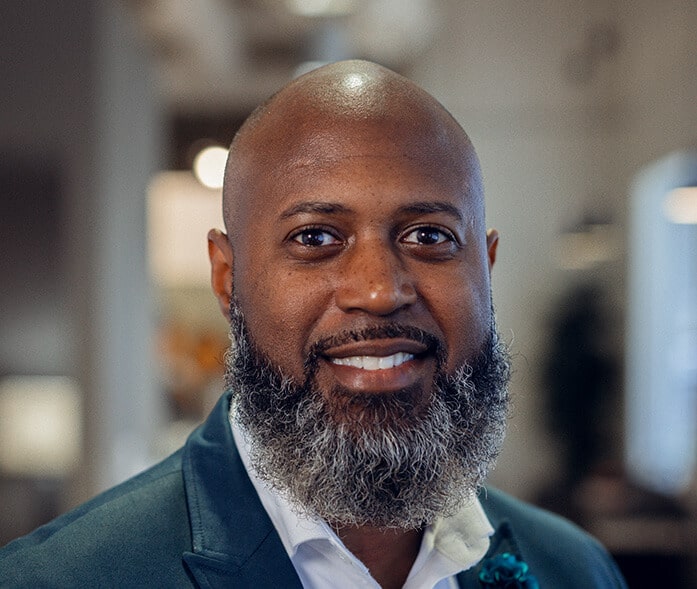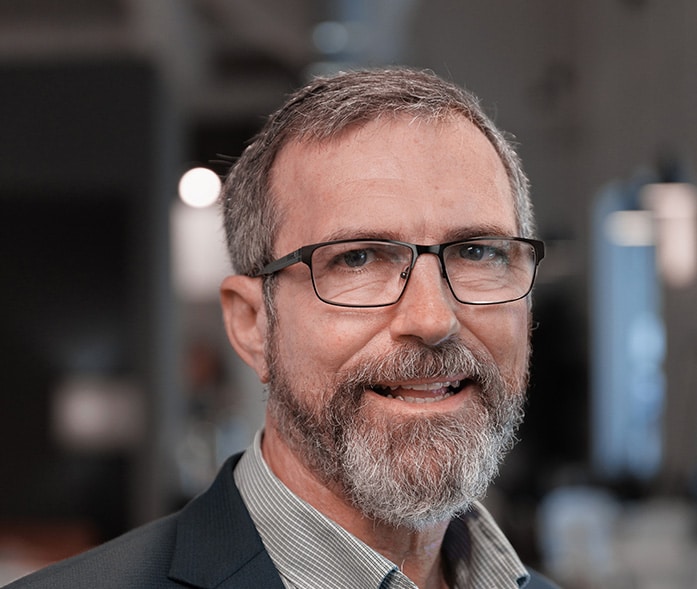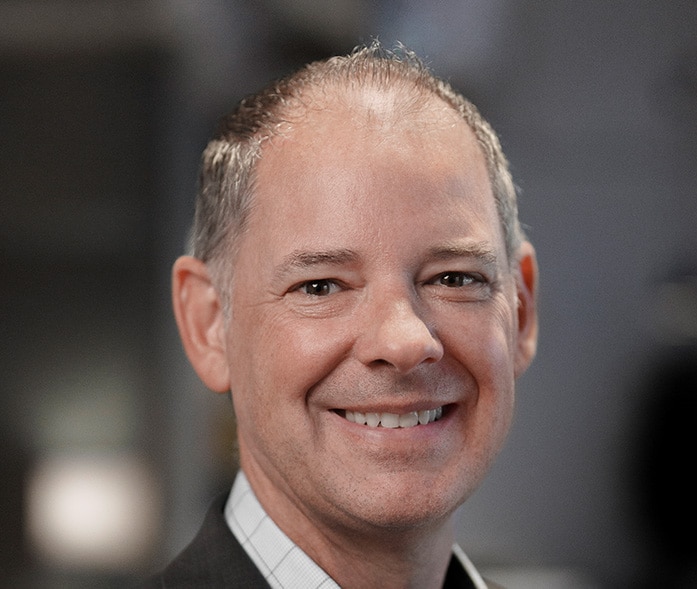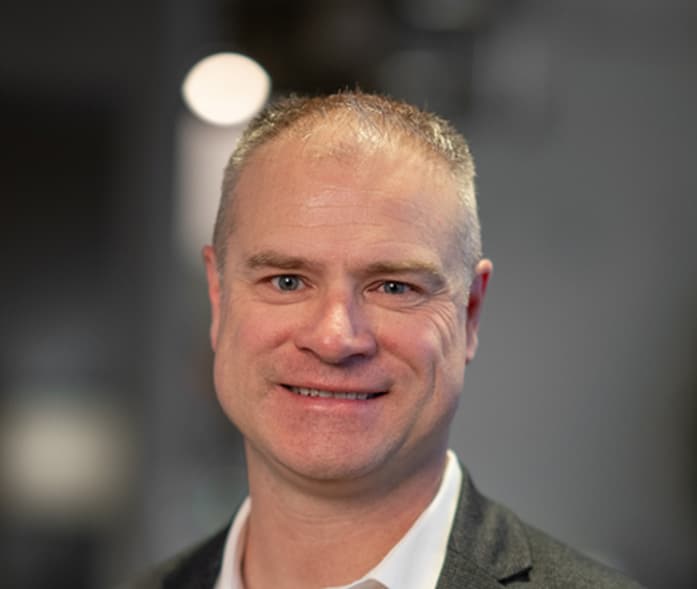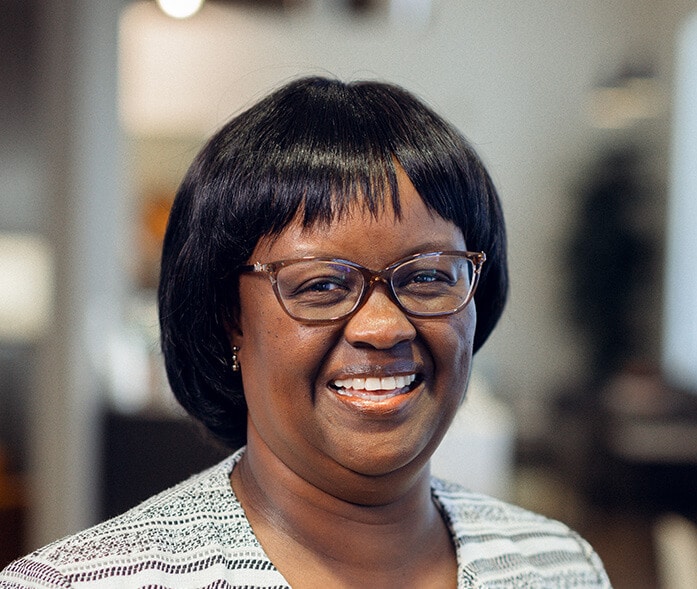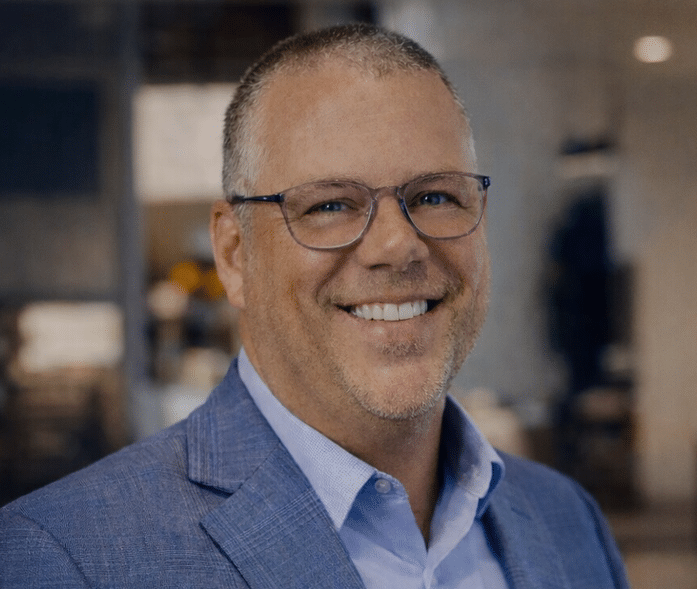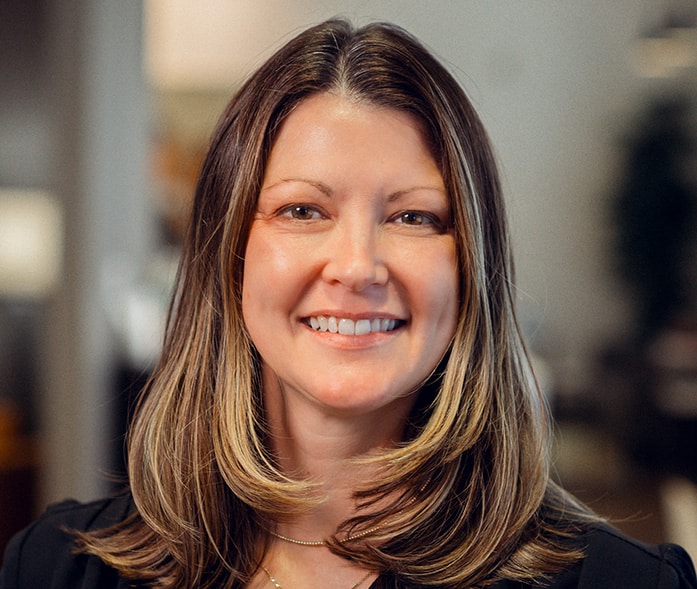In the midst of pressure to modernize, heart language Scripture preserves the Butbut Kalinga culture.
On the largest island of the Philippine archipelago, the Butbut Kalinga people live in the highlands of the Kalinga Province. Currently, about 60% of the population is Christian, mostly Roman Catholic, but the older generation frequently holds to more traditional practices, including animism and animal sacrifice.
In the mid-2010s, this relatively small people group captured the attention and imagination of the internet because of a mambabatok—a traditional Kalinga tattoo artist—named Apo Whang-Od.
Whang-Od turned 100 in 2017. Thousands of tourists flooded the mountain villages hoping to secure a tribal tattoo from the aging artist. The desire for authentic ink, however, highlighted a kind of cultural crisis faced by the Butbut Kalinga people.
Conflict with the Philippine Government
The Butbut Kalinga people were once headhunters and warriors. Their tattoos served as a kind of history, with different designs marking victories. But as modernity approached, such practices became a point of contention.
Headhunting and revenge killing, as you might imagine, were discouraged by the government. But even when those customs stopped, it wasn’t the end of tension between the Butbut Kalinga people and those who threatened their way of life.
In the 1970s, the Chico River Dam Project encroached on the ancestral lands and livelihoods of the Butbut Kalinga people. The Butbut Kalingas’ resistance to the project was galvanized by the killing of Macli-ing Dulag, a Butbut man who led the opposition to the dam.
While the Chico River Dam Project eventually fell through, it wasn’t the last time the Philippine government made plans to produce hydroelectric power at the expense of the Butbut Kalinga people’s homeland. These trials laid the groundwork and softened the soil for Bible translation.
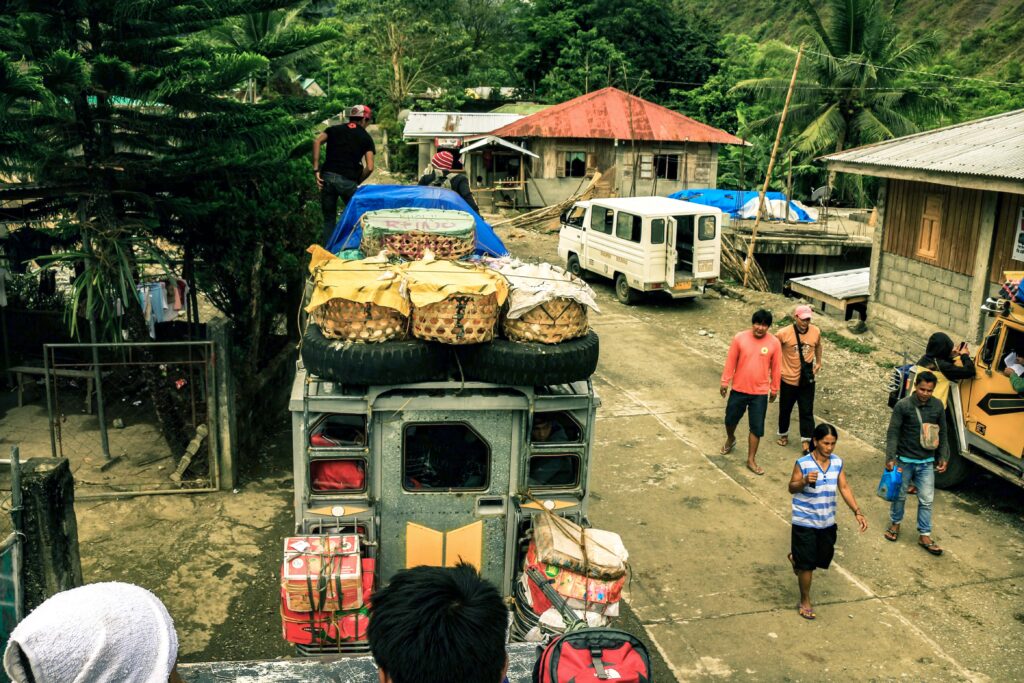
Newfound Harmony with God
In the early 2000s, local translators began the process of translating God’s Word into Butbut, one of about 30 dialects spoken by the Butbut Kalinga. In September 2016, they completed their New Testament.
At the dedication ceremony, representatives from each Butbut village participated. Thirteen women carried harvest baskets filled with Bibles. Thirteen men carried torches to escort them. Together, they circled the site of the ceremony to arrive at a wooden cross.
The women placed the baskets at the foot of the cross while the men used their torches to light a main torch. Their message: the villages of the Butbut Kalinga were now united—with one another and to Christ who shines his light through God’s Word.
The people worshiped through music and the reading of Psalm 67 in their heart language. Then, church leaders from the different denominations who had come together for the sake of the translation prayed over the Bibles. They asked God to transform all the Butbut speakers through his Word, and they thanked him for providing it to them in their own language.
One member of the community explained it this way: “It is good to have the Bible in my language because, when I read it, it pierces my mind.”
In addition to rejoicing over the power of the gospel, the people celebrated having a way to safeguard their cultural identity. Another Butbut speaker said, “Having the Bible in our language is good because, when our children read it, our language will be preserved.”
Prayers for the Future
Join us in praying that the power of the gospel will transform the lives and communities of the Butbut Kalinga people. In addition, we pray that the Lord will open doors and facilitate further translation efforts so that the people can have the Old Testament as well. The New Testament in Butbut Kalinga was dedicated seven years ago, and the people long to have the full counsel of God.

